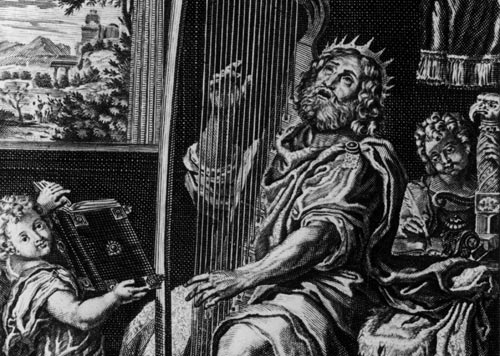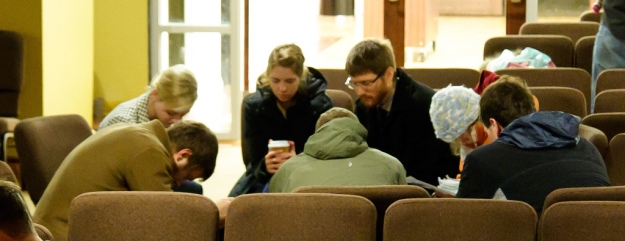 Any worship pastor who has been crafting worship service liturgies for awhile knows the dilemma. So does any worship songwriter: How do I present new songs to the church that don’t just say the same thing? How do I make sure I’m providing a full gospel diet for worshipers?
Any worship pastor who has been crafting worship service liturgies for awhile knows the dilemma. So does any worship songwriter: How do I present new songs to the church that don’t just say the same thing? How do I make sure I’m providing a full gospel diet for worshipers?
I’ve reminded you of themes before, in articles such as 9 Proven (But Largely Forgotten) Themes For Worship Songs and Two Models of Prayer to Improve Your Worship Songwriting & Selection. But did you know our ancient church forebears also provided a powerful tool for ordering the very days of our lives after gospel rhythms, year after year? From the first day of Advent to Christ The King Sunday one year later, each season of the Christian Year focuses on a different part and aspect of Christ’s life and mission.
Whether your church follows the Christian liturgical year calendar or not, a brief overview of these seasons and feast days will help you write and select songs for worship that teach and exult in every movement of the gospel. And once you know this framework, you can mix and match songs from each period as needed for your individual context. For instance there is no reason Christians can’t sing “Come Thou Long Expected Jesus” year round, or “Christ The Lord Is Risen Today” on any given Sunday.
Let’s walk through each cycle of the Christian Calendar, looking for inspiration and ideas for songwriting and worship service planning. As you read about each season and study songs that fit each season, let your own creative juices flow:
Advent — As Kristen wrote in her article What Is Advent? Why & How Should You Observe It, “This season of Advent is a re-enactment of Israel’s wait for the birth of their Messiah, and a symbol of our longing for Christ’s return.” Advent is loaded with eschatological meaning. This is a chance to explore themes of the Second Coming and “Your Kingdom come.”
Charles Wesley’s hymn “Come Thou Long Expected Jesus” is a classic example. You can read my full analysis of “Come Thou Long Expected Jesus” and hear Bill Mallonee’s version of it here. “O Come, O Come Emmanuel” is another solid Advent hymn. And here is a contemporary one, written by our worship pastor Mike Cosper. His “Glory Be” paints a picture of a world “waiting for the light” prior to Christ’s first Advent, then compares it to our own longing for a savior prior to our conversion, and our waiting for Christ to return to earth:
Christmas — We all know many popular Christmas hymns and carols. You can read my analysis of “Go, Tell It On The Mountain” and hear Sojourn’s version of that Christmas spiritual here. And you can hear many songs for Christmas and Advent on our Advent-Christmas worship songs playlist on Spotify. One of our favorite modern examples Continue reading









